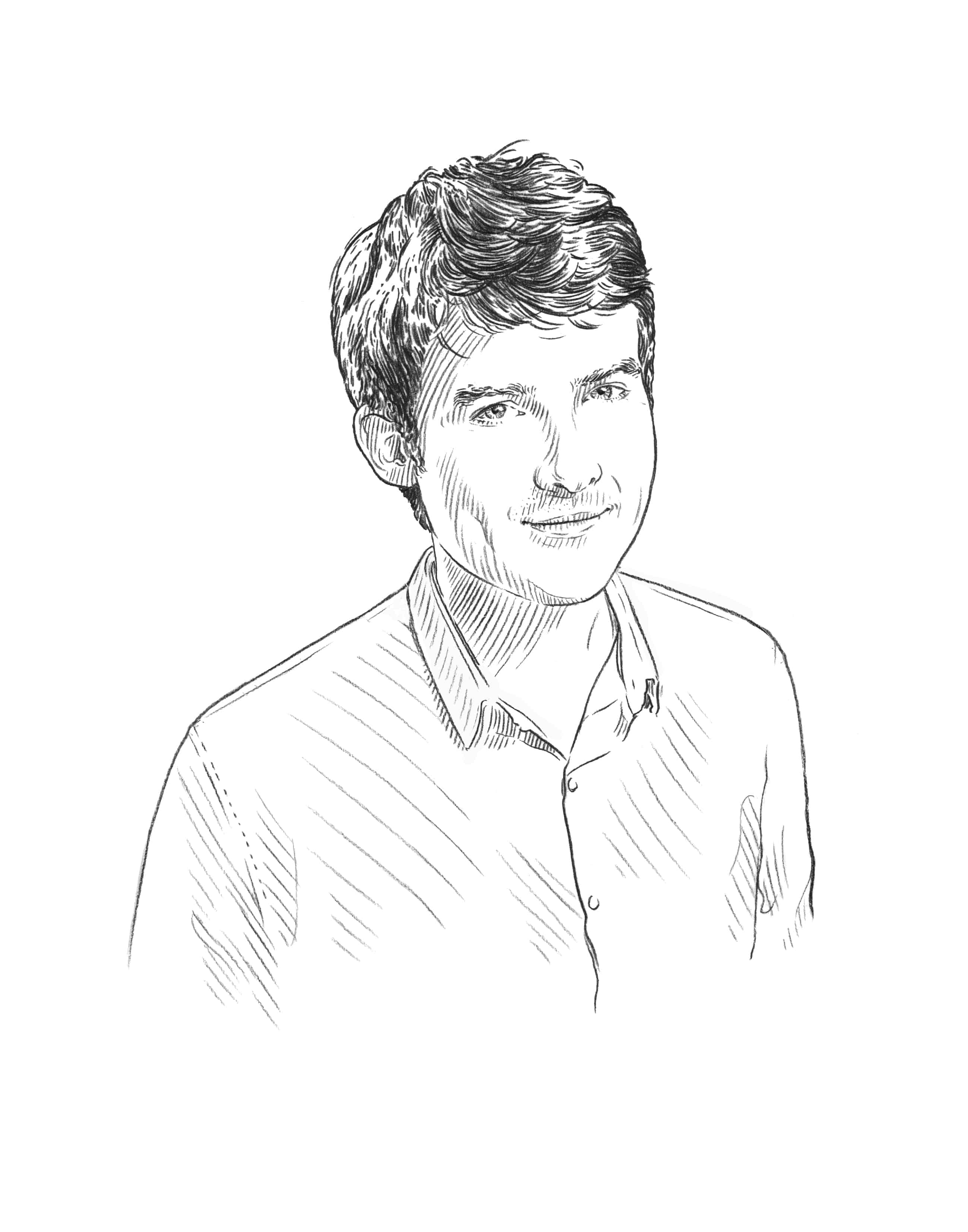HEC STORIES #8: ARTHUR HAIMOVICI’S EDITORIAL

Irresponsible?
It’s 2018, right in the middle of the summer sales. Among all the ads plastering subway tunnels and displayed on our web pages, CDiscount’s ads stand out. Not for their esthetic quality, but for the originality of their message. This French rival of Amazon has decided to openly encourage its customers to buy products they don’t need. “[Your] old computer is still working, but accidents happen so quickly,” the ad says frankly. Struck by this obvious promotion of overconsumption, environmentalists at Ademe file a claim with the regulatory authority that oversees advertising. That authority decides not to take action. More recently, the Citizens’ Convention for Climate proposed limiting advertising of products that pollute, starting with ads for SUVs.
Of the group’s 150 proposals, this is the first one to be immediately rejected by France’s Minister of Economy, Bruno Le Maire. Advertising is evidently a sensitive subject. Nevertheless, the need to regulate ads was recognized by government authorities very early, back in 1885, when advertising guns was prohibited (followed by restrictions on advertising drugs, tobacco, alcohol…). Why should authorities now be so hesitant, especially when communications tools have become so powerful, capable of spotting you, singling you out, retargeting you and feeding you kilo(-octets) of cookies every second of your digital life? The explanation is that maybe, this time, we’re on a slippery slope. We’re attacking advertising’s very reason for being: consumption. After all, as everyone knows, SUVs aren’t the only products that pollute. And once a precedent is established, you can bet we would see more and more restrictions as awareness of the climate emergency grows. To the point that some envision a world without advertising, to protect the planet. Is this possible? Is it desirable?
Imagine supermarket aisles lined with packaging that has no color, logos or designs, like blank cartons on tobacconists’ shelves. Subway stations with no posters, YouTube with no advertising clips, soccer players wearing no sponsors’ names on their jerseys. Would life be better, or unbearably sad without that multitude of little seductions (some would call them manipulations) constantly niggling away at our pocketbooks? “Life without dreams!”, advertising professionals would cry. (They like to apply this word to their work.) In assessing the value of things, we would no longer be influenced by our fantasies about them but only by their real uses and intrinsic qualities. And, the main impetus to consume would be stopped in its tracks. It’s hard to say whether we would be happier in this kind of world, which will surely never exist. One thing seems certain, however. If economies engage in the ecological transition as resolutely as they should, advertising professionals will have to apply one of their best slogans to themselves: Think Different.
Published by Flavia Sanches

